Thoughts: Dark & light, hand in hand….
“Life is glorious, but life is also wretched. It is both. Appreciating the gloriousness inspires us, encourages us, cheers us up, gives us a bigger perspective, energizes us. We feel connected. But if that’s all that’s happening, we get arrogant and start to look down on others, and there is a sense of making ourselves a big deal and being really serious about it, wanting it to be like that forever. The gloriousness becomes tinged by craving and addiction. On the other hand, wretchedness–life’s painful aspect–softens us up considerably.

Knowing pain is a very important ingredient of being there for another person. When you are feeling a lot of grief, you can look right into somebody’s eyes because you feel you haven’t got anything to lose–you’re just there. The wretchedness humbles us and softens us, but if we were only wretched, we would all just go down the tubes. We’d be so depressed, discouraged, and hopeless that we wouldn’t have enough energy to eat an apple.
“Gloriousness and wretchedness need each other. One inspires us, the other softens us. They go together.”
Pema Chodron, Start Where You Are
Thoughts: Response, reaction & oh, yeah, changing the world….
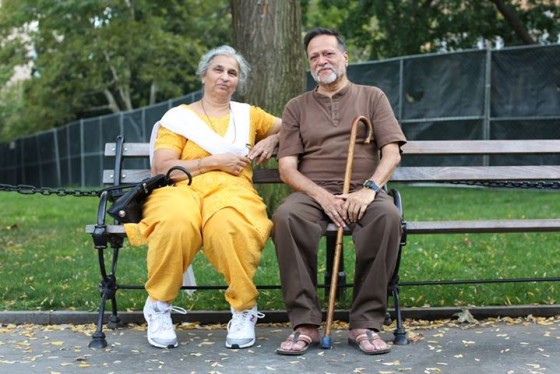
I love Brandon Stanton’s “Humans of New York.” He talks to ordinary people & they say the most ordinary things, which stick to you, and make you come back for more. I really liked this one, in an exchange he had with a South Asian couple:
“It is important to maintain your equanimity. You cannot let yourself get too ‘up’ or too ‘down’ based on your circumstances.”
“Too ‘down’ I understand. But why not too ‘up?’” Stanton asks.
“Because the higher your mountains are, the deeper your valleys will seem. You should not react to the world. You should respond, but not react. A response is an action based on logic. A reaction is an emotional state. Your reaction will not change the world.
“Your reaction only changes you. Your response will change the world.”
Thoughts: See?
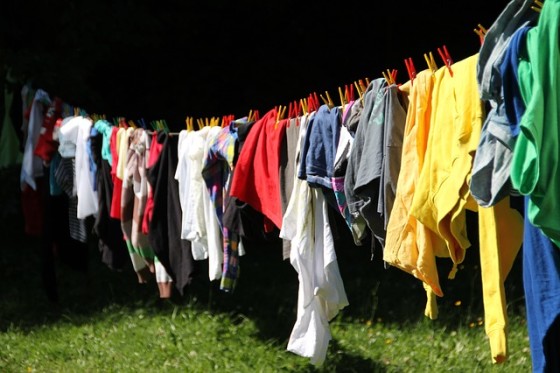 A young couple moves into a new neighbourhood.
A young couple moves into a new neighbourhood.
The next morning while they are eating breakfast, the young woman sees her neighbour hanging the wash outside. “That laundry is not very clean; she doesn’t know how to wash correctly. Perhaps she needs better laundry soap.”
Her husband looks on, remaining silent.
Every time her neighbour hangs her wash to dry, the young woman makes the same comments.
A month later, the woman is surprised to see a nice clean wash on the line and says to her husband: “Look, she’s finally learned how to wash correctly. I wonder who taught her this? ”
The husband replies, “I got up early this morning and cleaned our windows.”



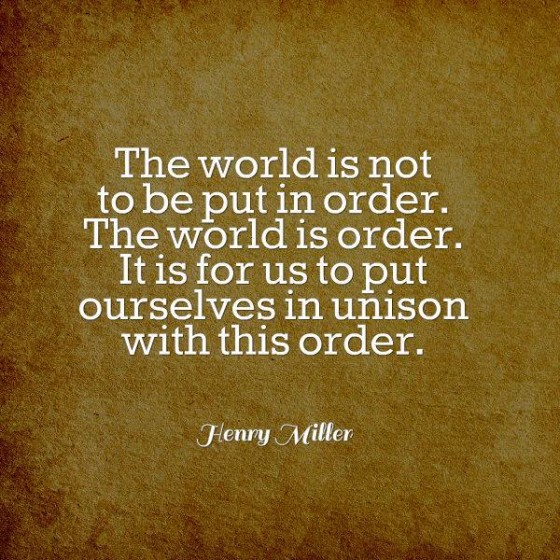
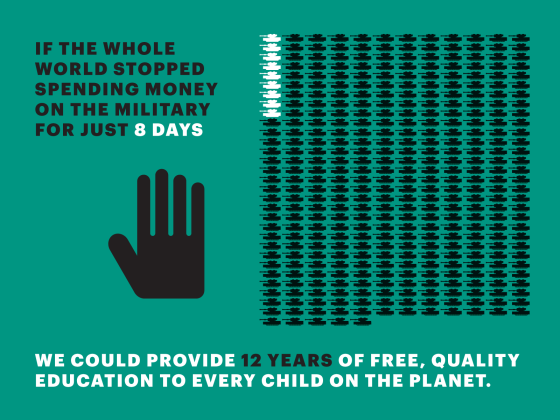
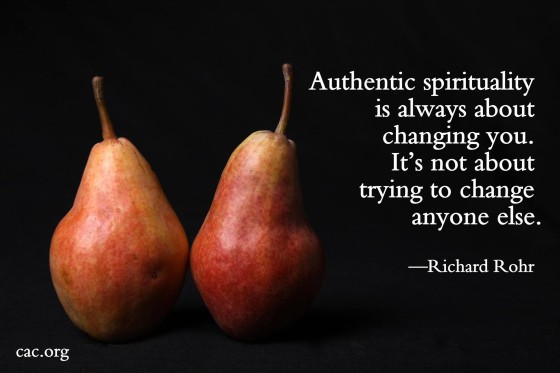
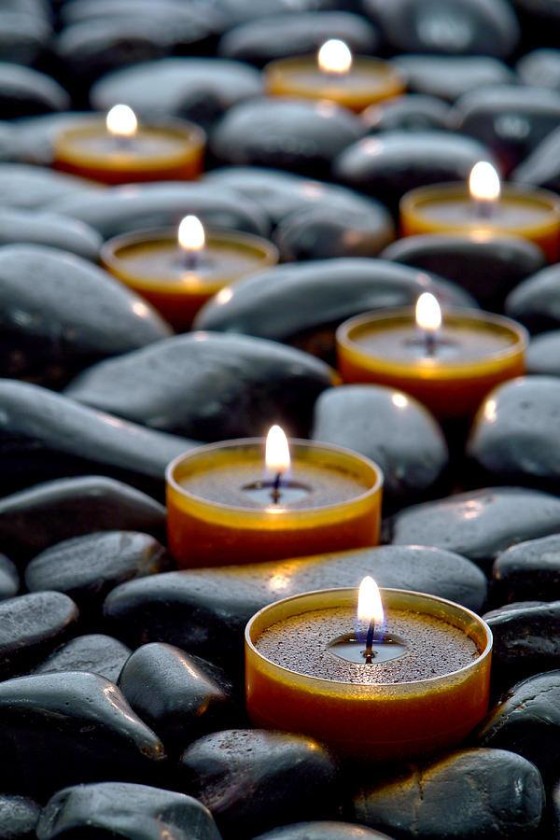
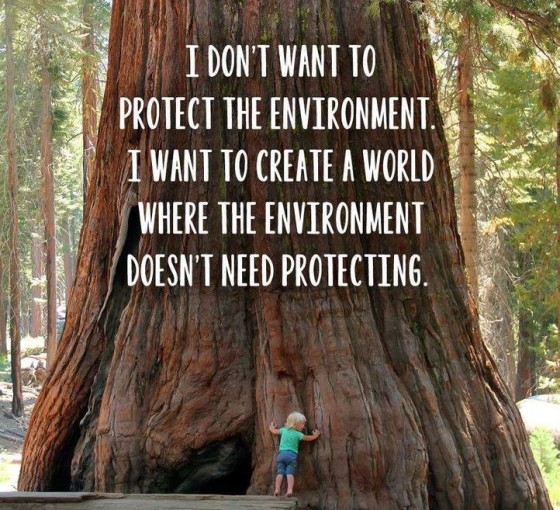
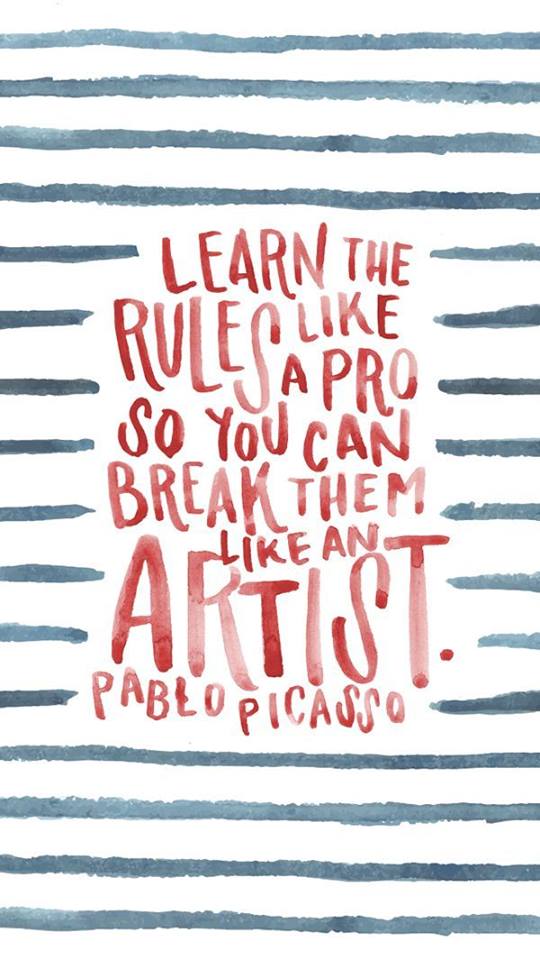

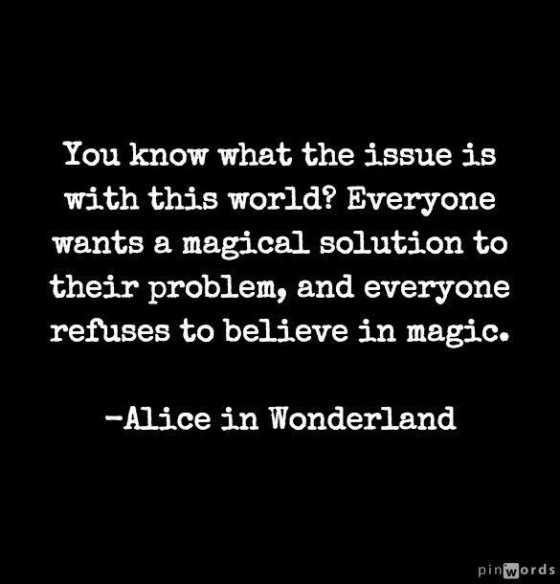
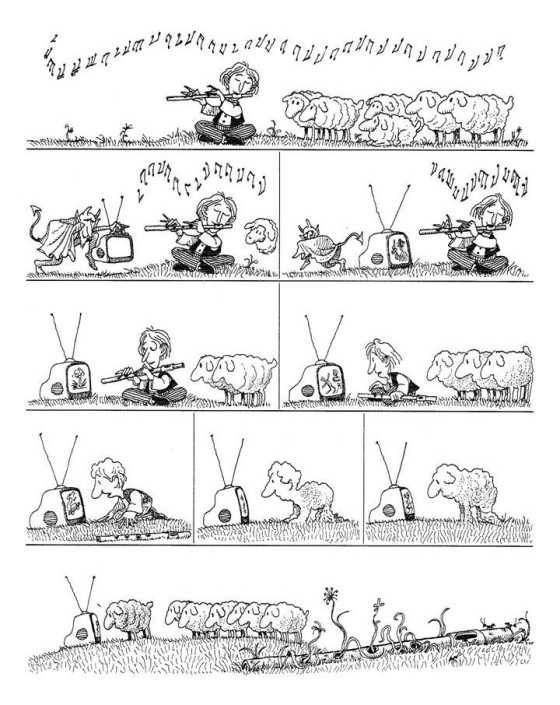
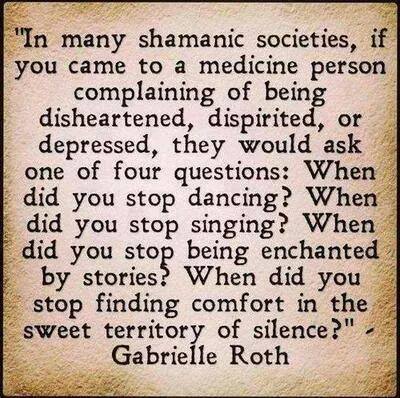
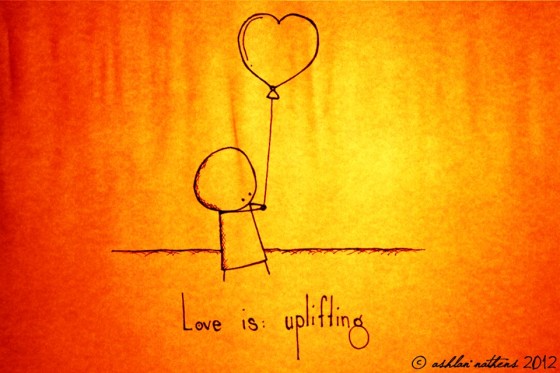
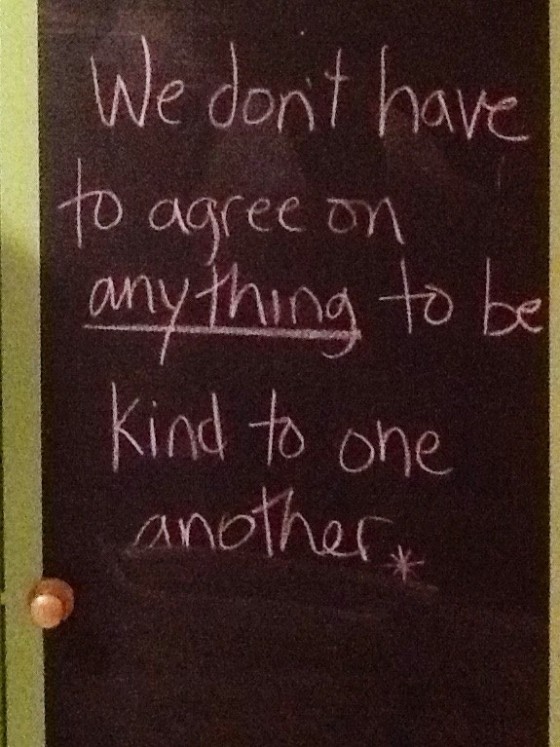
 Over the centuries, Brother Ian has been collecting stories & information & discourses for the purpose of elevating the human condition as needed, dissecting it when necessary, and building the case for hope.
Over the centuries, Brother Ian has been collecting stories & information & discourses for the purpose of elevating the human condition as needed, dissecting it when necessary, and building the case for hope.